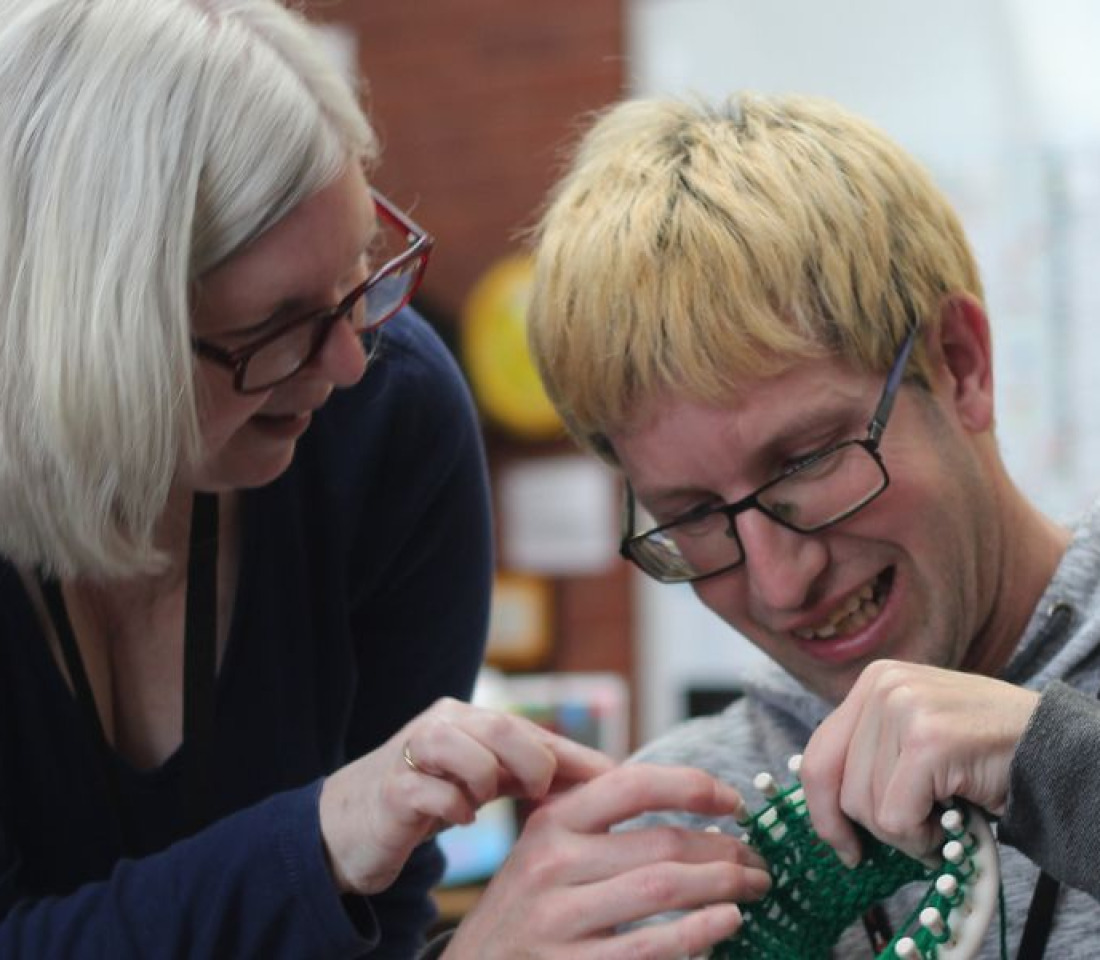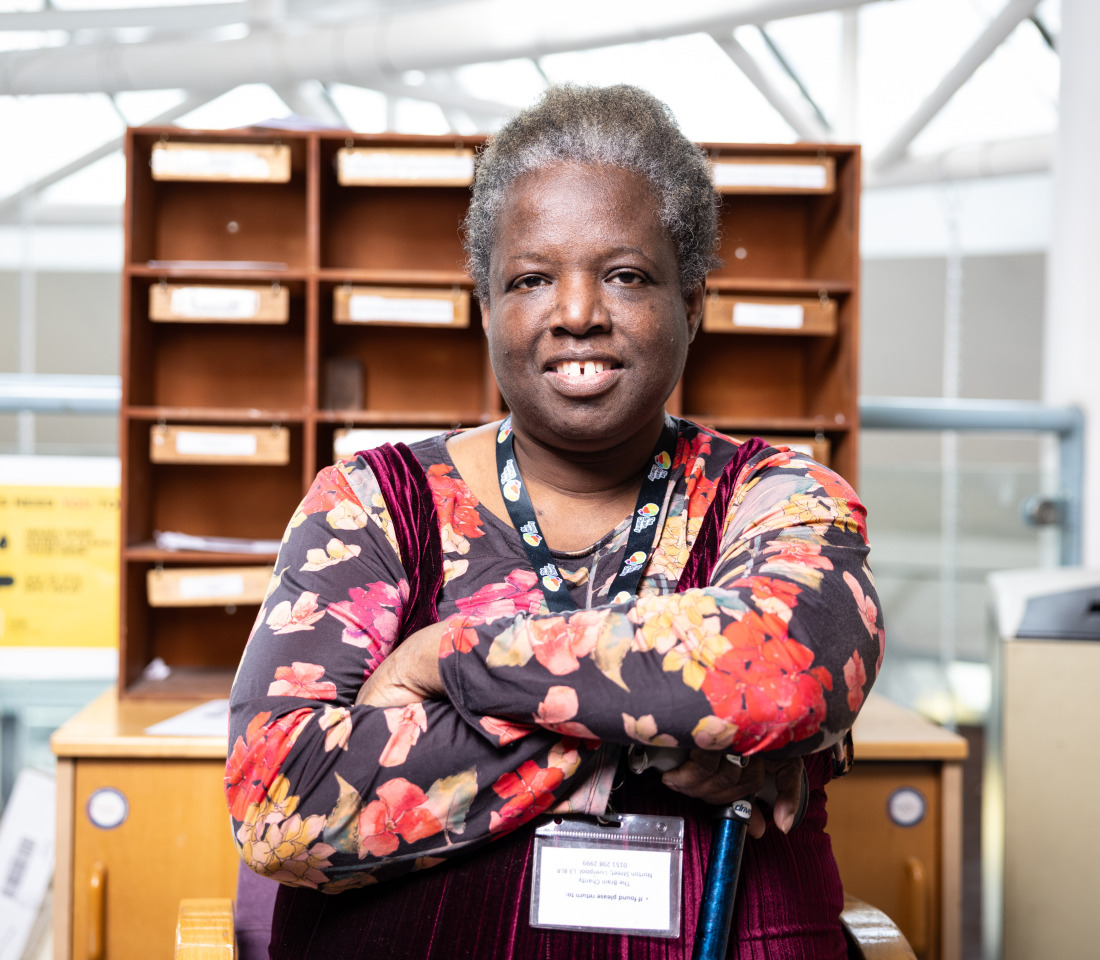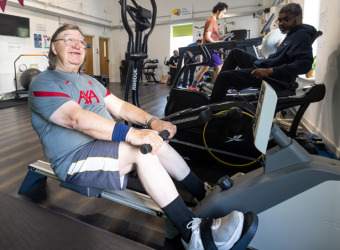What is back pain?
Back pain is a common problem that can affect people of all ages. It may feel like a dull ache, sharp stab, burning, or even numbness. Pain can appear anywhere from your neck to your lower back – and can sometimes be felt in your thighs.
It can happen suddenly, due to a sprain or fall, or develop gradually over time. Most cases of back pain are not serious and can improve with pain relief and exercise.
For those with long-term back pain, many charities offer advice, support and resources to manage ongoing pain.
What causes back pain?
Back pain is commonly caused by muscle or ligament strain due to poor posture, heavy lifting or sudden movements, but it can also result from structural issues like herniated discs, arthritis or spinal stenosis.
Nerve-related problems such as sciatica, and lifestyle factors like a sedentary routine, obesity, or stress, also play a role.
Underlying medical conditions including osteoporosis, kidney problems or inflammatory disorders may contribute, as can injuries from falls or accidents.
What are the symptoms of back pain?
If you have back pain, along with any of the following symptoms, it is important to get advice from your GP or 111:
- Chest pain
- Numbness or tingling
- Loss of bladder or bowel control
- Unexpected weight loss
- Swelling
- A high temperature
- Pain that comes from between your shoulders
- Pain that gets worse when you cough or sneeze.
If back pain doesn’t improve with rest or it stops you getting a good nights sleep, you should seek medical advice to help manage symptoms.
















